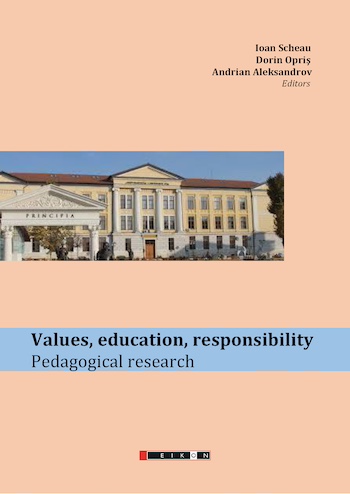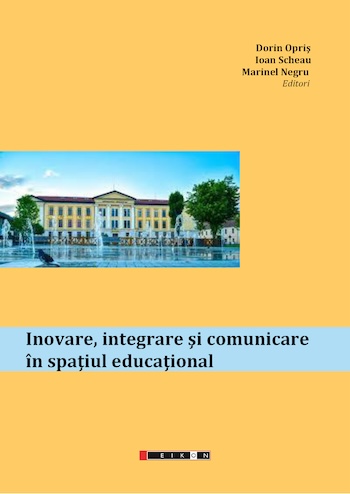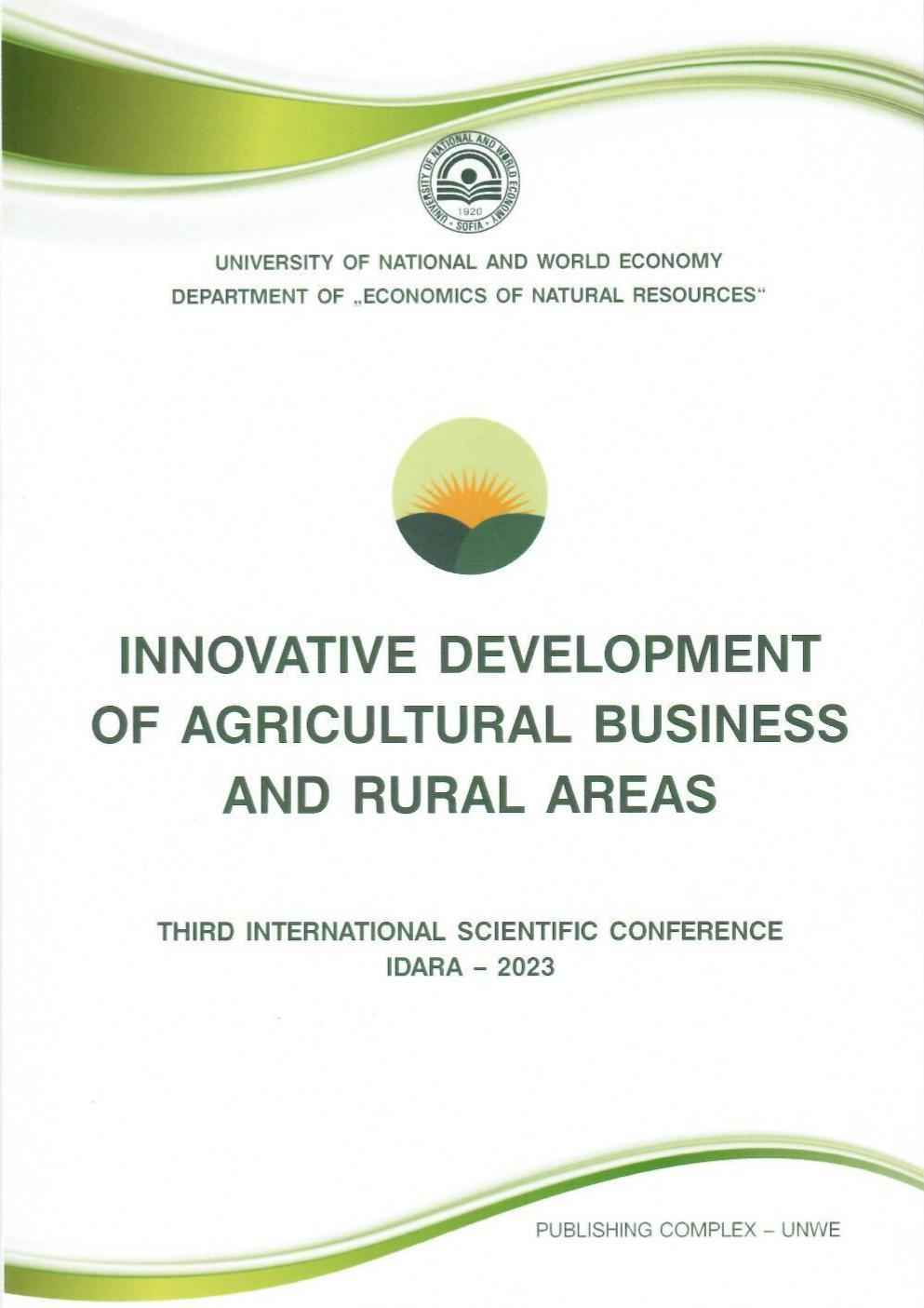Author(s): Barbara Kiełbasa,Marcin Krzysztof Kopyra / Language(s): English
Publication Year: 0
The aim of this article is to identify the personality traits that can characterise entrepreneurial people and to determine what they believe to be important in achieving success. Entrepreneurship is defined very broadly in the literature and researchers consider different approaches to this issue. Certainly, being entrepreneurial is a combination of knowledge, passion, hard work and active learning. What is more, in many studies there are hypotheses indicating a correlation between the possession of certain character traits, or even temperament, and the propensity to start a business. In this article, an analysis of the behavioural and attitude approach to entrepreneurship is undertaken, which means that some personal traits and behaviour of the entrepreneurial person are analysed, as well as their perceptions of the issue. A descriptive-inductive method was used, using simple statistical methods. A survey method was used to obtain empirical data. An online survey form was sent to agribusiness entrepreneurs from Poland, the entrepreneurs were randomly selected. The respondents were primarily active in industries such as fruit, vegetable processing, as well as meat. A total of 57 returns were received between January and March 2023. The questionnaire included questions on personality traits that may be conducive to an entrepreneurial attitude, as well as identifying attitudes towards certain management situations. The respondents rated themselves as extroverted and open-minded, confident in their abilities. Most respondents described themselves as sanguines. A number of scientific studies confirm that sanguines and extroverts are the people who are most successful as entrepreneurs. Considering the statements of the respondents, there was a significant difference in the inconsistency of the responses from those labelled choleric and phlegmatic. The most consistent statements were obtained from sanguinis. Sanguinis were the most likely of all respondents to believe in the strength of their predispositions and character traits. Cholerics, due to their explosive nature and not always good decisions, felt that it was appropriate to monotone external factors, as this was the basis for decision-making. As a result of the survey and the literature review, it can be confirmed that entrepreneurial personality traits play an important role when setting up one's own business and also when continuing to manage it, but also an external situation and business environment play an important role in decision-making process. All these factors should be correlated and a good entrepreneur should be able to use his/her strengths to exploit market opportunities. According to the authors of this article, it is necessary to integrate one's personality traits and aptitudes with market information and ongoing monitoring of the industry to achieve success.
More...



